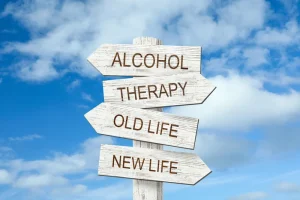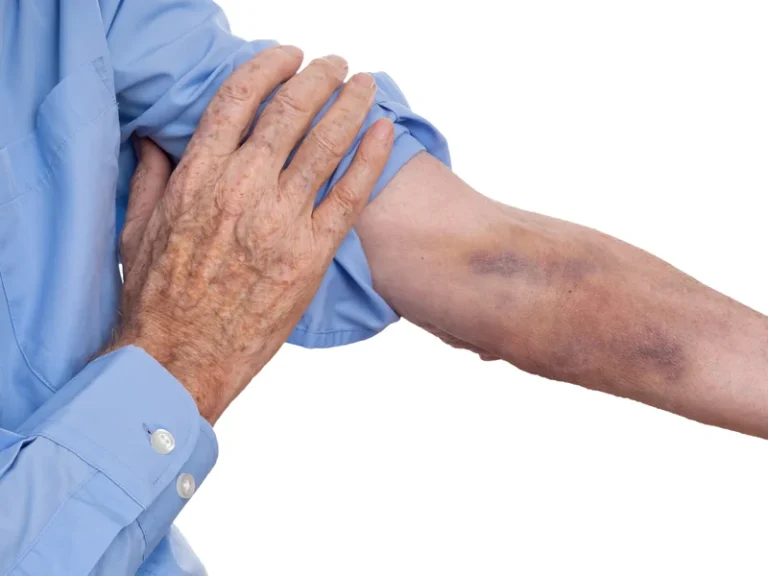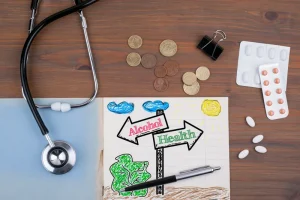Substance use is a negative coping skill, so healthy coping skills will prevent relapse and result in positive outcomes in the long-term. With a relapse prevention plan, it is possible to acknowledge and act upon certain feelings and events, in turn avoiding a physical relapse (which is the stage when someone returns to drug or alcohol use). Cognitive behavioral therapy is a well-established therapeutic approach that focuses on identifying and changing negative thought patterns and behaviors. It has gained prominence as an effective method for addiction treatment and relapse prevention. Relapse Prevention is considered among the most important clinical innovations in the substance use disorder treatment and recovery field, and continues to be one of the most widely practiced. When clinicians and scientists refer generally to CBT for substance use disorder, it is often Marlatt’s RP model or some related approach to which they are referring.

How to Create a Successful Relapse Prevention Plan
Family counseling and therapy sessions may help loved ones to better understand the disease of addiction and learn to recognize potential relapse triggers and ways they can support in those instances. Communication skills and the overall family dynamic may improve through family therapy as well. Many successful treatment plans are specifically tailored to each individual. Relapse prevention and other treatment strategies may consider the person’s environment, level of motivation, severity of their addiction, co-occurring medical and mental health conditions, and other factors, too.
What to Include in a Relapse Prevention Plan Template
If you have a sponsor, they should be one of the first people you turn to if you feel like a relapse is a possibility. Since they’ve likely been in your shoes, they may have some insight and suggestions. Contacting the supportive people in your life can have a tremendous impact on cravings and relapse. Regardless, it is important to consider the following items when creating a relapse prevention plan. A significant statistical connection exists between post-traumatic stress disorder (PTSD) and addiction.
Genetic influences on treatment response and relapse
Recovery is a process of growth and (re)establishing a sustainable life. Experts in addiction recovery believe that relapse is a process that occurs somewhat gradually; it can begin weeks or months before picking up a drink or a drug. Moreover, it occurs in identifiable stages, and identifying the stages can help people take action to prevent full-on relapse. Learning what one’s triggers are and acquiring an array of techniques for dealing with them should be essential components of any recovery program. There is an important distinction to be made between a lapse, or slipup, and a relapse. The distinction is critical to make because it influences how people handle their behavior.
- A slipup is a short-lived lapse, often accidental, typically reflecting inadequacy of coping strategies in a high-risk situation.
- Communication skills and the overall family dynamic may improve through family therapy as well.
- When individuals do not change their lives, then all the factors that contributed to their addiction will eventually catch up with them.
- Relapse prevention group activities can be a cornerstone in the journey to recovery.
Recognizing trigger situations

Because of the lack of awareness of the disease, patients are too optimistic about the risk of relapse in the future, resulting in the inability to prepare for relapse in time. Most of them have a limited understanding of the importance of treatment, but this understanding is relatively vague and lacks of estimation of the difficulties that may exist in treatment. Within 24 hours of the interview’s conclusion, the verbatim transcriptions of the audio recordings were reviewed. Data analysis was conducted independently by two experienced researchers using Colaizzi’s phenomenological seven-step method to extract themes [19]. (1) The audio recording equipment was used to record every interview, which was then transcribed. Every transcript was read several times and researchers highlighted the important points.
Positive social support is highly predictive of long-term abstinence rates across several addictive behaviours. Among social variables, the degree of social support available from the most supportive person in the network may be the best predictor of reducing drinking, and the number of supportive relationships also strongly predicts abstinence. Further, the more non-drinking friends a person with an AUD has, the better outcomes tend to be. Negative social support in the form of interpersonal conflict and social pressure to use substances has been related to an increased risk for relapse. Social pressure may be experienced directly, such as peers trying to convince a person to use, or indirectly through modelling (e.g. a friend ordering a drink at dinner) and/or cue exposure. Shiffman and colleagues describe stress coping where substance use is viewed as a coping response to life stress that can function to reduce negative affect or increase positive affect.

Know your triggers
It involves the degree of balance in the person’s life between perceived external demands and internally fulfilling or enjoyable activities. Urges and cravings precipitated by psychological or environmental stimuli are also important6. A person’s support system may also play an important role in recovery and the avoidance of relapse.
- Overall, the body of research on genetic influences on relapse and related processes is nascent and virtually all findings require replication.
- Stress and sleeplessness weaken the prefrontal cortex, the executive control center of the brain.
- Getting through the holidays while maintaining recovery, especially for people newer to this life-changing process, is an accomplishment worthy of celebration in its own right.
- If they make the necessary changes, they can go forward and be happier than they were before.
- The growth stage is about developing skills that individuals may have never learned and that predisposed them to addiction [1,2].
- Consistent with the RP model, changes in coping skills, self-efficacy and/or outcome expectancies are the primary putative mechanisms by which CBT-based interventions work [126].
- There are different models and techniques to include in your relapse prevention plan.
- Talking to a supportive person, distraction, or relaxation can help relieve the pressure.
- Recovery is an opportunity for creating a life that is more fulfilling than what came before.
- Miller and Hester reviewed more than 500 alcoholism outcome studies and reported that more than 75% of subjects relapsed within 1 year of treatment1.
- Patients of schizophrenia with first onset, first relapse, and multiple relapses have different views about the risk of relapse, attitude towards treatment, and medication behaviour.
